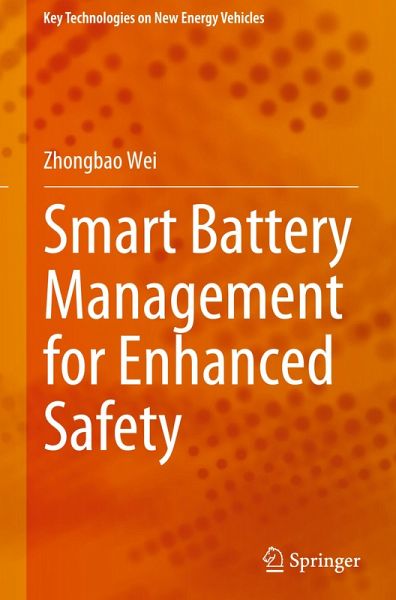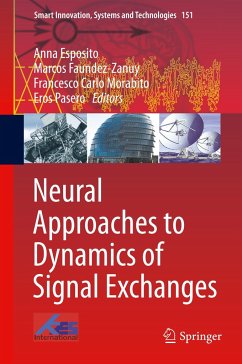
Smart Battery Management for Enhanced Safety

PAYBACK Punkte
61 °P sammeln!
This book consolidates studies in the rapidly and foreseeably growing field of battery management. The primary focus is to overview the management of batteries (Li-ion batteries and some cases of flow batteries) with the fusion of mechanism and AI-based approaches. The book can be categorized into three groups, i.e., (i) mechanism and AI-based battery modeling and parameterization, (ii) AI-based diagnostic, early warning, and active safety control, and (iii) emerging techniques of smart battery and smart management, combining the emerging areas of embedded sensing and reconfigurable batteries....
This book consolidates studies in the rapidly and foreseeably growing field of battery management. The primary focus is to overview the management of batteries (Li-ion batteries and some cases of flow batteries) with the fusion of mechanism and AI-based approaches. The book can be categorized into three groups, i.e., (i) mechanism and AI-based battery modeling and parameterization, (ii) AI-based diagnostic, early warning, and active safety control, and (iii) emerging techniques of smart battery and smart management, combining the emerging areas of embedded sensing and reconfigurable batteries. It is well recognized that the battery safety and management are the kernel of energy storage, renewable utilization, and low-carbon society, which have been highly popular in recent years. The exploration of AI techniques for advanced battery management has been seldom discussed systematically before. Moreover, the combination of AI and mechanism approaches can remarkably enhance the battery management, which however has never been focused on in previous books. Therefore, this book can add new knowledge to the paradigm and attract the attention of academics, scientists, engineers, and practitioners. It is a reference book for researchers and engineers in related fields. The step-by-step guidance, comprehensive introduction, and case studies make it accessible to audiences of different levels, from graduates to experienced engineers.












